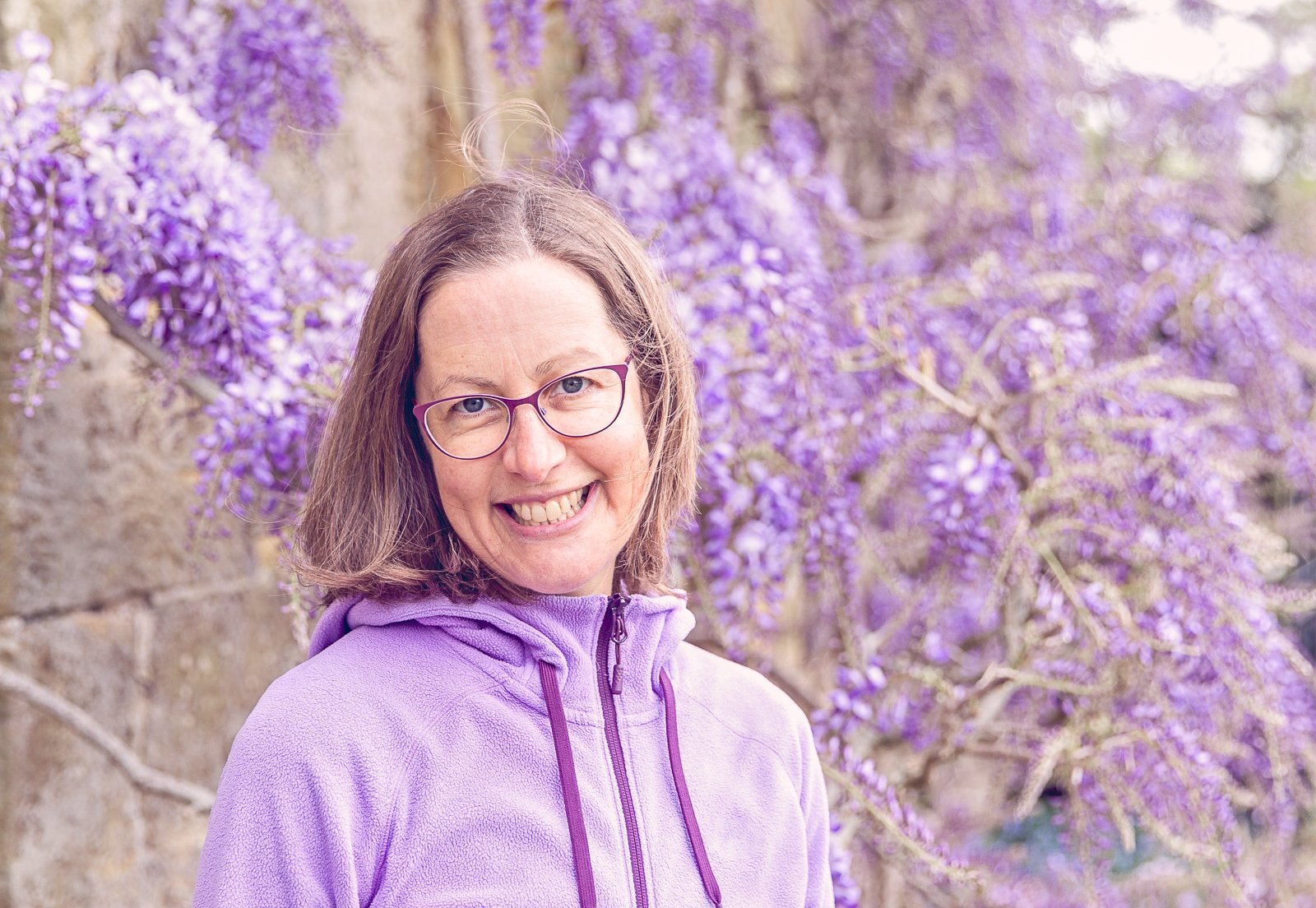What is Chronic Fatigue Syndrome (CFS)?
Chronic Fatigue Syndrome (CFS), also known as Myalgic Encephalomyelitis (ME), is a serious chronic illness. Sufferers experience extreme and debilitating fatigue, muscle aches, and cognitive dysfunction (poor memory and inability to concentrate or think clearly – often referred to as brain fog).
Other symptoms such as joint pain, problems with sleep, headaches, nausea, dizziness, heart palpitations and sensitivity to noise and light are also commonplace.
Not everyone will experience all of these symptoms and the severity can vary from person to person. The symptoms also fluctuate from day to day, making it very unpredictable.
The illness can go on for many years and some people never fully recover. In severe cases, people can be bed bound for long periods of time.
Life-changing
The illness has a major impact on people’s lives, and many (I would say most) are unable to attend school, go to work or leave the house.
Socialising becomes hard to impossible, family life becomes restricted and relationships can get strained.
What Chronic Fatigue Syndrome (CFS) is like for me
For my part, I can best describe it as feeling like you have the flu, permanently, without the head cold.
On bad days I feel exhausted all the time and struggle to keep my eyes open. My muscles ache deeply all over. Walking feels like a tremendous effort. My brain is foggy and it is a struggle to make the simplest of decisions, concentrate on anything or hold a conversation.
I’m unable to tolerate any noise or bright lights or any company and need to sit or lie quietly with my eyes shut.
These symptoms will ebb and flow over time and their severity varies significantly from day to day – there are many different ‘in-between’ states.
More often than not, these symptoms are present, but in the background, so I am able to go for a walk, do some gentle yoga or sit at my computer and concentrate for an hour or two.
A balancing act
Any exertion – mental or physical – requires rest time for my body to recover.
Life is a very careful balancing act of how to spend my limited energy, and activities need to be considered carefully.
One of the most difficult things for me is socialising – I find this drains my energy more quickly than anything else.
Useful information
For Zoe’s website, click here.
